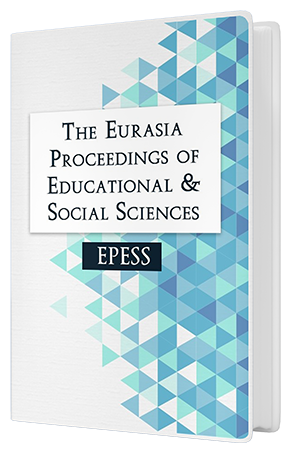CURRICULUM METAPHORS
Keywords:
Education, curriculum, curriculum metaphors, metaphorsAbstract
One Of The Most Common Learning Tools In The Subject Domain Of Education Is Metaphors. It Has Been Said That Learning Is Not Possible Without Metaphors, Let Alone The Usage Of Metaphors In Our Daily Routine Without Even Noticing. A Lot Of Our Common Speech Is Full With Metaphors That Became A Part Of Our Normal Dialogue, To The Extent That We Do Not Consider The “Figure Of Speech” A Metaphor Any Longer. More importantly, using metaphors to describe curriculum has been a method adopted by scholars trying to “practicalaise” curriculum and give it a living-like sense. Eventually, curriculum metaphors took a steep turn (in some cases) when it started navigating educational policies to undesirable areas of application. From that perspective, this paper will analyse the favourable/unfavourable effects of curriculum metaphors in general, with addition to an in-depth investigation of the appropriateness, the reliability and validity of notions of Production, Growth, and Journey as curriculum metaphors; explored in a short (but highly influential) article by Herbert Kliebard in 1972, and since, literature has been deliberating and confronting these three metaphors (among others like Medicine or Natural Resources) for their ability in characterizing curriculum.Downloads
Published
Issue
Section
License
Copyright (c) 2016 The Eurasia Proceedings of Educational and Social Sciences

This work is licensed under a Creative Commons Attribution-NonCommercial-ShareAlike 4.0 International License.
The articles may be used for research, teaching, and private study purposes. Any substantial or systematic reproduction, redistribution, reselling, loan, sub-licensing, systematic supply, or distribution in any form to anyone is expressly forbidden. Authors alone are responsible for the contents of their articles. The journal owns the copyright of the articles. The publisher shall not be liable for any loss, actions, claims, proceedings, demand, or costs or damages whatsoever or howsoever caused arising directly or indirectly in connection with or arising out of the use of the research material. All authors are requested to disclose any actual or potential conflict of interest including any financial, personal or other relationships with other people or organizations regarding the submitted work.




